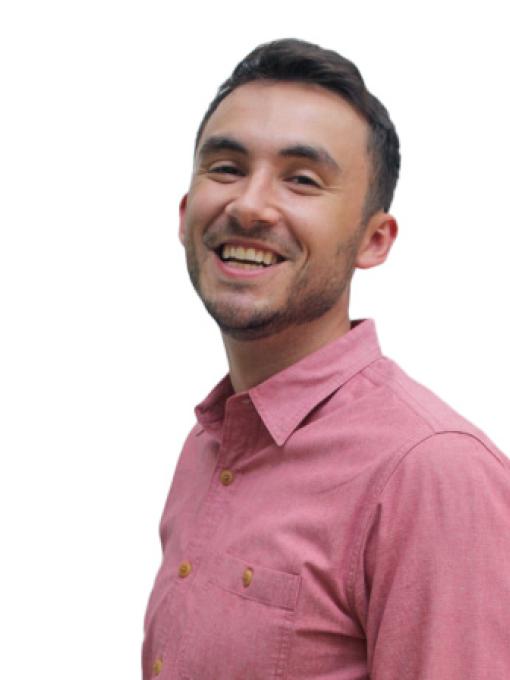For Friends in Europe, the invasion of Ukraine has sparked urgent discussions about how to respond to the continent’s largest conflict since World War II. We spoke with Michael Eccles, executive secretary of the Europe and Middle East section of the Friends World Committee for Consultation (FWCC-EMES), to learn more.
How would you define the work and goals of FWCC in Europe and the Middle East?
Our goal is to help Friends in different countries connect on common topics such as peacebuilding and working with children and young people. A lot of our work is also focused on supporting new Quaker groups.
Across eastern Europe, including Ukraine, the Quaker groups are smaller and newer and need a bit more support and guidance. There are about 25,000 Quakers in Europe and the Middle East; the majority are in Britain and Ireland.
How is FWCC engaging with the conflict in Ukraine?
We ran an event in Kyiv in 2018, a Russian-speaking gathering, to teach folks a bit more about Quakerism. In February, we had been planning another Russian-speaking online gathering, but it became very clear that wouldn’t be an appropriate event.
We held two meetings for worship instead, one in Russian and one in English. After that, we decided to hold weekly meetings for worship for Ukraine, which we’ve been doing every Tuesday since.
I’ve also been keeping in touch with Quakers in Ukraine and Russia, mostly to ensure they’re doing okay. We also set up a fundraising mechanism through two partner organizations so that Friends who want to give money to Quakers doing work in Ukraine can do that. So far, we’ve raised and distributed several thousand pounds.
Could you tell us a bit about your conversations with Friends in Ukraine and Russia?
I’ve let them know that Quakers around the world are upholding them. One of the Quakers I speak with in Ukraine lives about 80 kilometers (50 miles) south of Kyiv. She has decided that she is not going to leave her home and will accept whatever fate comes to her.
The Russian Quakers I’m in touch with are very concerned about Ukrainian Quakers. I’ve also gotten the sense that Quakers in other eastern European countries feel as if they could be next.
Has the war in Ukraine changed your outlook on your work?
At some point, the war will end, and there will be a huge amount of rebuilding and reconciliation that needs to be done. We’re working with other Quaker organizations to figure out the Quaker role in Ukraine.
We have something unique to offer in terms of reconciliation and peace work. There are Quakers in Ukraine, Poland, Latvia, and Russia. We can have a role to play in reconciling them.
So many of the political discussions going on now are related to militarism. What’s the case for peacebuilding?
It’s a very difficult question for Quakers in eastern Europe. For some of them, giving arms to the Ukrainian army is the best response. One thing to remember is that during World War II, huge numbers of Quakers in Europe joined the army.
This all just shows me that peacebuilding is more important than ever. There are a lot of lessons to learn from how western governments have behaved since the fall of the Soviet Union. We have to keep channels open; we have to keep talking, and we have to keep up diplomacy. I worry that providing more weapons will only prolong the war.
